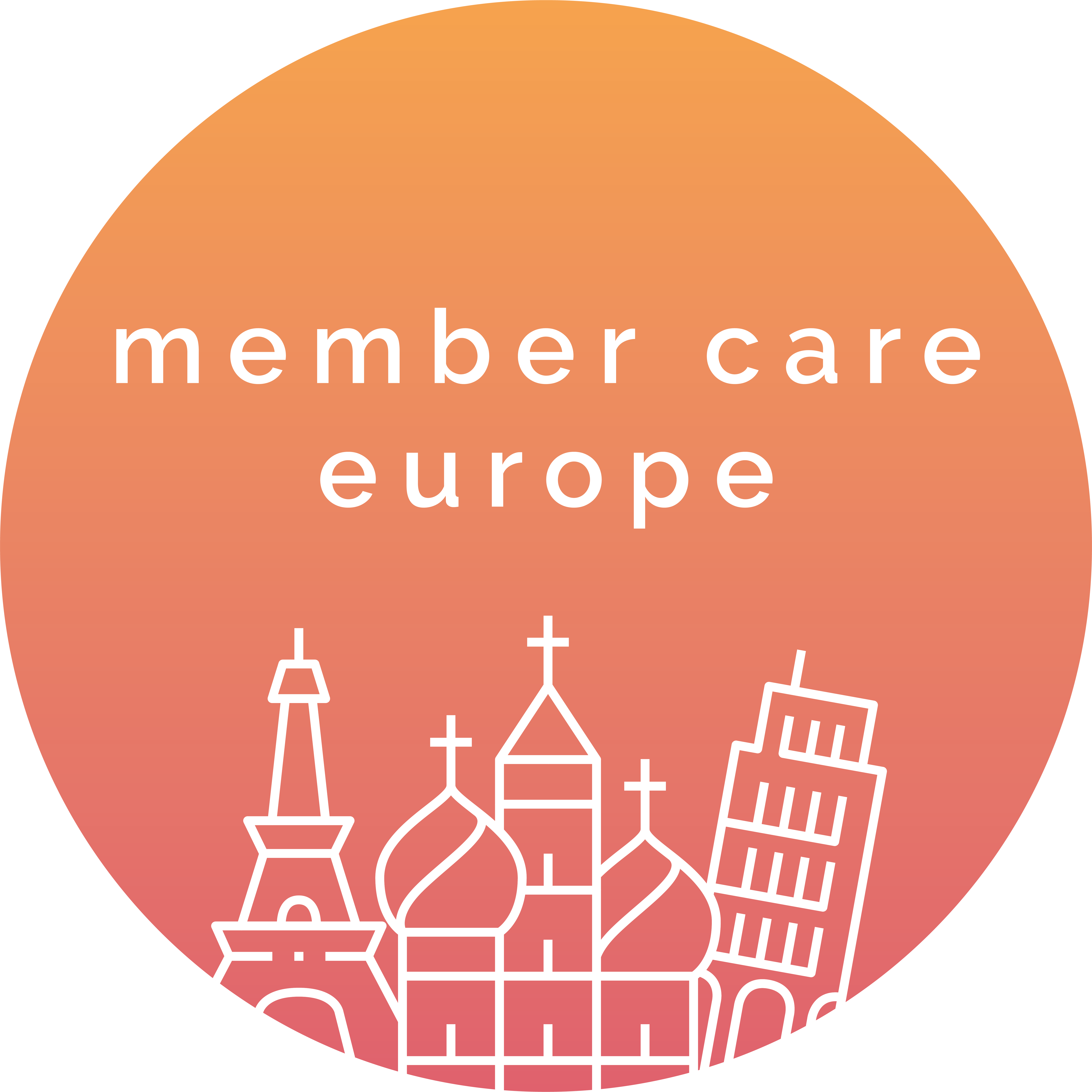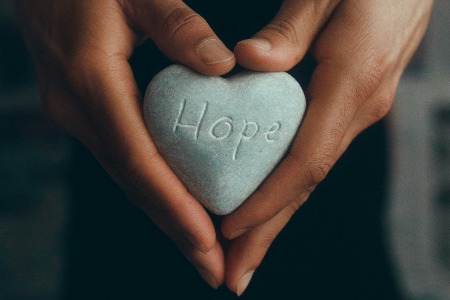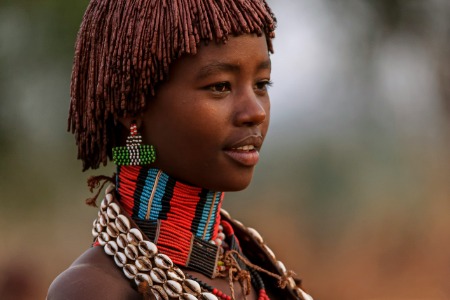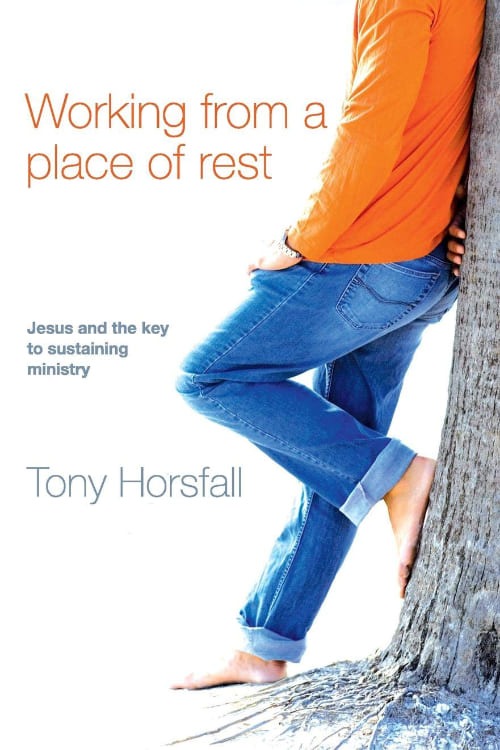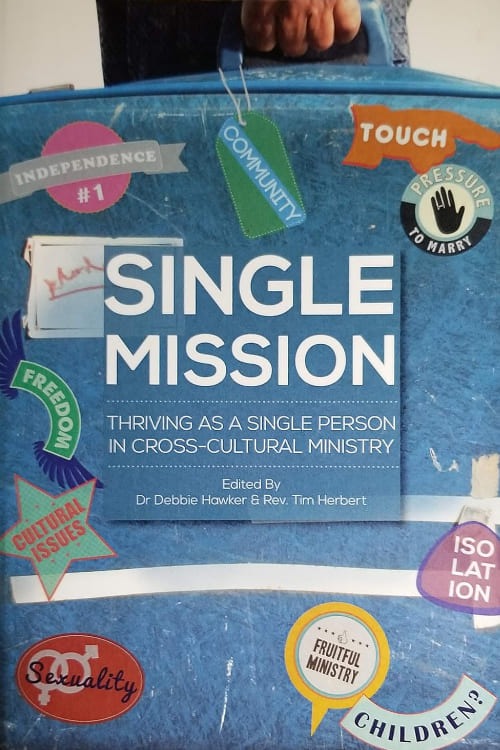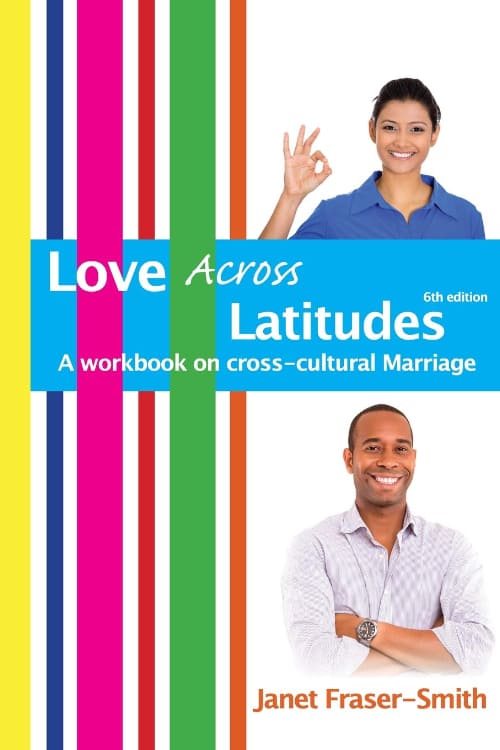How do I summarise EMCC 2024?
As statistics? Almost 200 participants from 22 nations, 1 Devotional speaker, 1 Plenary speaker, 14 workshop speakers, 7 musicians, 18 interest groups, the AV and sound tech team… and a LOT of coffee! It was the first EMCC where both the plenary and devotional speakers did not have English as their first language, one from Switzerland and one from Romania. That was so exciting and long overdue. However, it’s not the statistics that lifts my soul. It’s the fact that God was so present and the Holy Spirit was clearly at work.
Our topic was Building Bridges: Cultivating mutual respect, understanding and learning across generations, cultures and genders. Conscious that we had a lot of newcomers to EMCC, we experimented in bridge building by randomly sitting people with those that they did not know for the first meal. It was an attempt to help them meet people and not feel alone. How wonderful it was to see people building those bridges and making connections with people over their goulash! More than one person told me that they were clearly meant to be at their particular table – God turned the random into special conversations with connections and friendships made.
Devotions
Rafael Nǎstase (now Chair of Member Care Europe board) led our devotional times, based on Philippians 2 v 1-11. He encouraged us to remember that it is our God who triumphs and that we need to stay close to Him, our rock. We explored how to launch bridges with younger generations, remembering our history and learning from it. God praised his Son, Jesus, (Luke 3 v 22) and our young people also need to be praised, to be supported and encouraged.
A particular image that has stayed with me from the devotions is Michelangelo’s painting ‘Creation of Adam’. Rafael explained that God is seen reaching down to Adam but there is a small gap between his outstretched hand and that of Adam. God knows our weaknesses and puts all of his efforts towards reaching us, but we still need to reach out to him, to bridge that gap between us.
We considered Zebedee’s sons, James and John. Their mother asked Jesus to take one of them on his left and one on his right in his kingdom (Matt 20 v 20-28). Of course, she did not understand what she was asking for, but what she showed is a mother’s love, wanting the best for her sons. Our young people and our communities need such a motherly role model but they also need male role models and Raphael talked about the role models needing to represent priest, protector, provider and parent. It was moving to hear Rafael speak as both a son and also the father of two sons.
Humility – a rare flower, grown on the grave of pride
During the last of the devotions, Rafael talked about the bridge to life. When Jesus was asleep during the storm on the boat, Peter had to learn a lesson to trust in God but also come with humility. Another quote struck me: ‘Humility – a rare flower, grown on the grave of pride’. Jesus refused to use his reputation or his status as the son of God. Rather, he became the bridge to life, being obedient to his father and suffering death so that we may have life.
Plenary sessions
It will be impossible to do justice to the talks that Christian Quartier gave. There was such depth that I am still processing it. Taking our theme of Building Bridges, Christian asked us to consider the reasons behind how we build bridges. Of course, bridges need to be built where there is a divide or a difference. Too often differences are discussed as negative. Yet we are made to be in relationships and in community. Christian encouraged us to consider difference as a source of joy and positivity. When we are in a place of safety, we can see unity in diversity (NOT unity in uniformity), we can embrace another’s uniqueness, we can be curious and appreciate similarities and respect differences. However, when we are not in a place of safety, differences can feel like danger, threat or risk. As Christian put it, ‘Difference is not better or worse. It’s just different’!
Craig Storti writes about 2 dimensions of difference: Visible (e.g. behaviour) and Invisible (e.g. hurt, assumptions, values, beliefs). From an early age we learn that difference is not good. We have a need to protect ourselves. We have an inherent need for connection, security and boundaries. A helpful diagram Christian used, (reflecting on John 1 v 17 ‘grace and truth came through Jesus Christ’) illustrated that when we know God’s grace and truth, we can have security and safety.
If you don’t accept yourself, you cannot offer yourself in relationships
The Table of Difference is a place where there is mutual respect, authenticity, freedom, with boundaries and where everyone is treated the same (Phil 2 v 4). It is not a place of fear, shame, anxiety, uniformity or terror. It is not a place where there is no welcome for an individual as they are or where everyone is expected to be the same. In order to sit at this table of difference, we need to remain true, sincere and authentic with ourselves. We need to stay engaged with the thoughts, beliefs, emotions and points of view of others. We also need to welcome others and have a desire to understand who they are.
Another quote which hit me ‘If you don’t accept yourself, you cannot offer yourself in relationships’ (Kimberly Weeks). God believes in and loves us and it’s important that we understand that and accept ourselves as we seek to bridge difference.
The essentials to building bridges include being face to face if at all possible, having mutual respect and compassion, mutual commitment to understand the other, willingness to accept that the difference may not be reconcilable, and a need to take personal responsibility and accountability.
I am not doing justice to the depth of Christian’s teaching as it’s hard to summarise it in a few words. However, the final thought that he left with us was the need for compassion. Helping someone with the compassion of possibility (Gabor Maté) allows space for them to become who God wants them to be. And that, surely, is what we should all be focused on, not the difference.
Final comments
There is not space to delve into the wealth of discussion and teaching which came through the breadth of workshops and interest groups. It was heartening to see participants want to engage on such a variety of issues: sabbaticals; retreats; handling conflict (the bridge of peace); building bridges to TCKs and their parents; and building bridges between singles and families. It was also encouraging in our session ‘Paradigm Shift – MC with a Global South majority’ to hear from Wania Honman, Ravi David and Jiska Chin-A-Teh about their experiences as we consider member care for an increasing number of mission partners from the Global South who are coming to Europe.
Thank you to everyone who came to EMCC 2024. It would not have been such a great event if you had not come ready to learn, grow, participate, meet new people and share together. Our purpose-designed jigsaw of 200 pieces would not have been completed if you’d kept your piece to yourself (if you know you know!). Thanks and praise most of all must go to our Saviour God who came and inhabited all of the preparations by so many speakers and worship leaders. Our prayer is that you continue to think on what you heard and experiences and grow in yourself and in your member care role.
If you have read this summary and wish you had come, make sure to look out for details of EMCC 2026 in one year’s time and book your place so that you don’t miss out! The planning for it has already begun.

Sarah Hay
Sarah has a background in HR, initially in the National Health Service, UK and then in Nepal with International Nepal Fellowship for 3 years, where she also began member care for expatriate mission workers. After returning to UK and starting a family, Sarah began working as HR and Member Care Manager with European Christian Mission Britain, where she’s been for almost 15 years. Since 2015, Sarah also became Course Leader of the MA in Member Care at Redcliffe College, before then developing a new MA in Staff Care and Wellbeing at All Nations Christian College following the college merger. She has the best of both worlds in being a member care provider but also an equipper and encourager of member care students across the world. Last but by no means least, Sarah is married to Rob and has two sons who are now both at university. Sarah is also a board member of Member Care Europe.

Sarah Hay
Sarah has a background in HR, initially in the National Health Service, UK and then in Nepal with International Nepal Fellowship for 3 years, where she also began member care for expatriate mission workers. After returning to UK and starting a family, Sarah began working as HR and Member Care Manager with European Christian Mission Britain, where she’s been for almost 15 years. Since 2015, Sarah also became Course Leader of the MA in Member Care at Redcliffe College, before then developing a new MA in Staff Care and Wellbeing at All Nations Christian College following the college merger. She has the best of both worlds in being a member care provider but also an equipper and encourager of member care students across the world. Last but by no means least, Sarah is married to Rob and has two sons who are now both at university. Sarah is also a board member of Member Care Europe.
